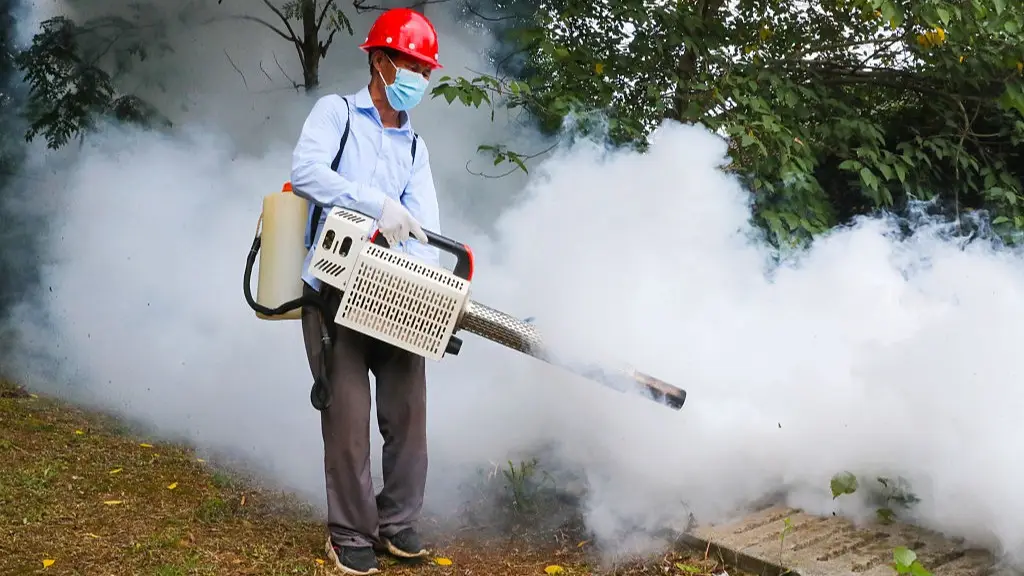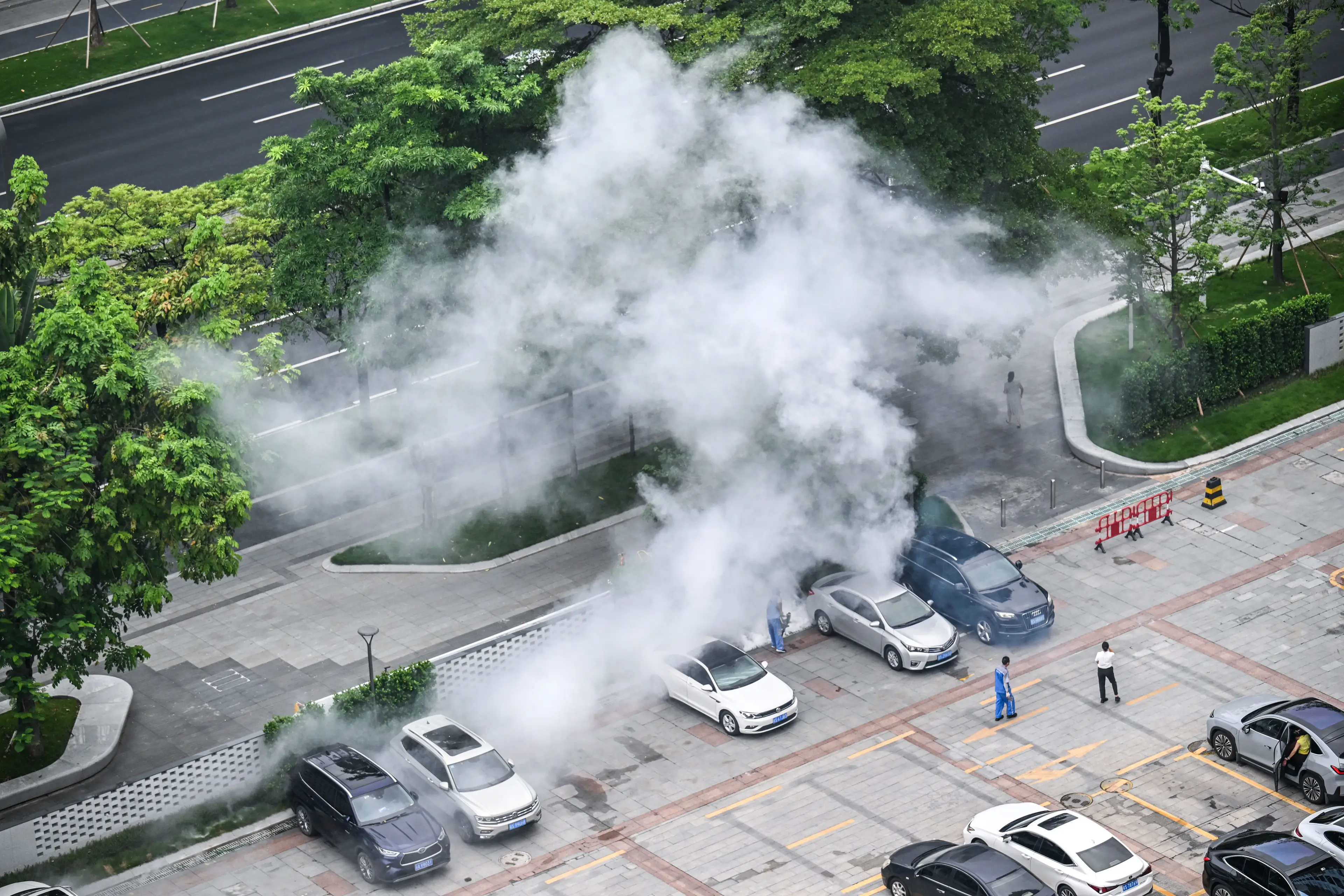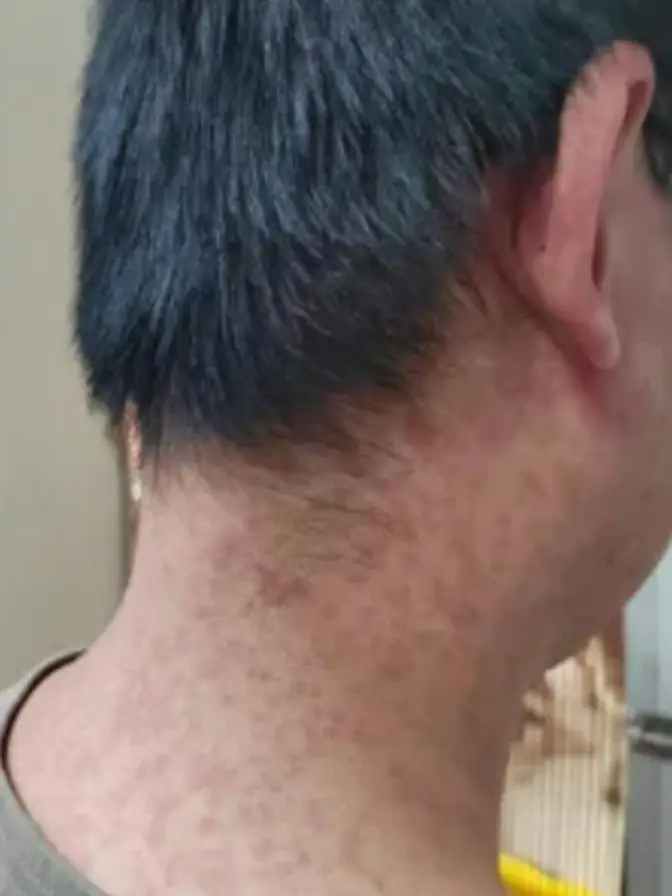
Health officials in the UK have issued a warning over the Chikungunya virus.
China has begun to implement ‘forceful pandemic measures’ as thousands of cases have been reported across the Guangdong province since July.
To prevent the rise of infections, sanitation workers have been seen spraying insecticide across the streets. That’s because Chikungunya is a mosquito-borne virus, transmitted to humans by the bite of an infected female Aedes mosquito. And while that mosquito is not present here in the UK, there have been cases reported.
The latest travel-associated infections report from the UK Health Security Agency (UKHSA) shows there were 73 cases of the virus reported between January and June 2025, compared to 27 cases for the same period in 2024.
Advert
All of these cases were reported in England and mostly in London.

And the majority of these cases were linked to travel to Sri Lanka, India and Mauritius.
But it’s important to bear in mind that Chikungunya is only spread by mosquito bites and the UKHSA says there’s currently no risk of onward transmission.
Dr Philip Veal, consultant in public health at UKHSA, said: “Chikungunya can be a nasty disease and we’re seeing a worrying increase in cases among travellers returning to the UK.
“While this mosquito-borne infection is rarely fatal, it can cause severe joint and muscle pain, headaches, sensitivity to light and skin rashes. Thankfully symptoms usually improve within a few weeks, but joint pain may last for months or longer.”
The first symptoms of Chikungunya are usually a high fever and severe joint pain. Many people infected also experience nausea, muscle pain, sensitivity to light, rashes and headaches.
There is no cure for the virus, but most people make a full recovery. For some, the pain and arthritis might carry on for several months or even years.

It isn’t common for there to be serious complications, but in older people, Chikungunya can contribute to the cause of death.
Dr Veal warned that it is ‘essential’ to take precautions against mosquito bites when travelling.
“Simple steps, such as using insect repellent, covering up your skin and sleeping under insecticide-treated bed nets can greatly reduce the risk,” he added.
Chikungunya mainly occurs in Africa and Asia, but some cases have been reported in Europe and parts of North America.
To help cut cases, Chinese authorities have been distributing mosquito nets to patients in hospital beds protected by them. Officials there have also threatened fines for people who fail to disperse standing water with drones deployed to hunt down insect breeding grounds in an attempt to cull the mosquitoes.
Topics: Chikungunya virus, UK News, Health, China